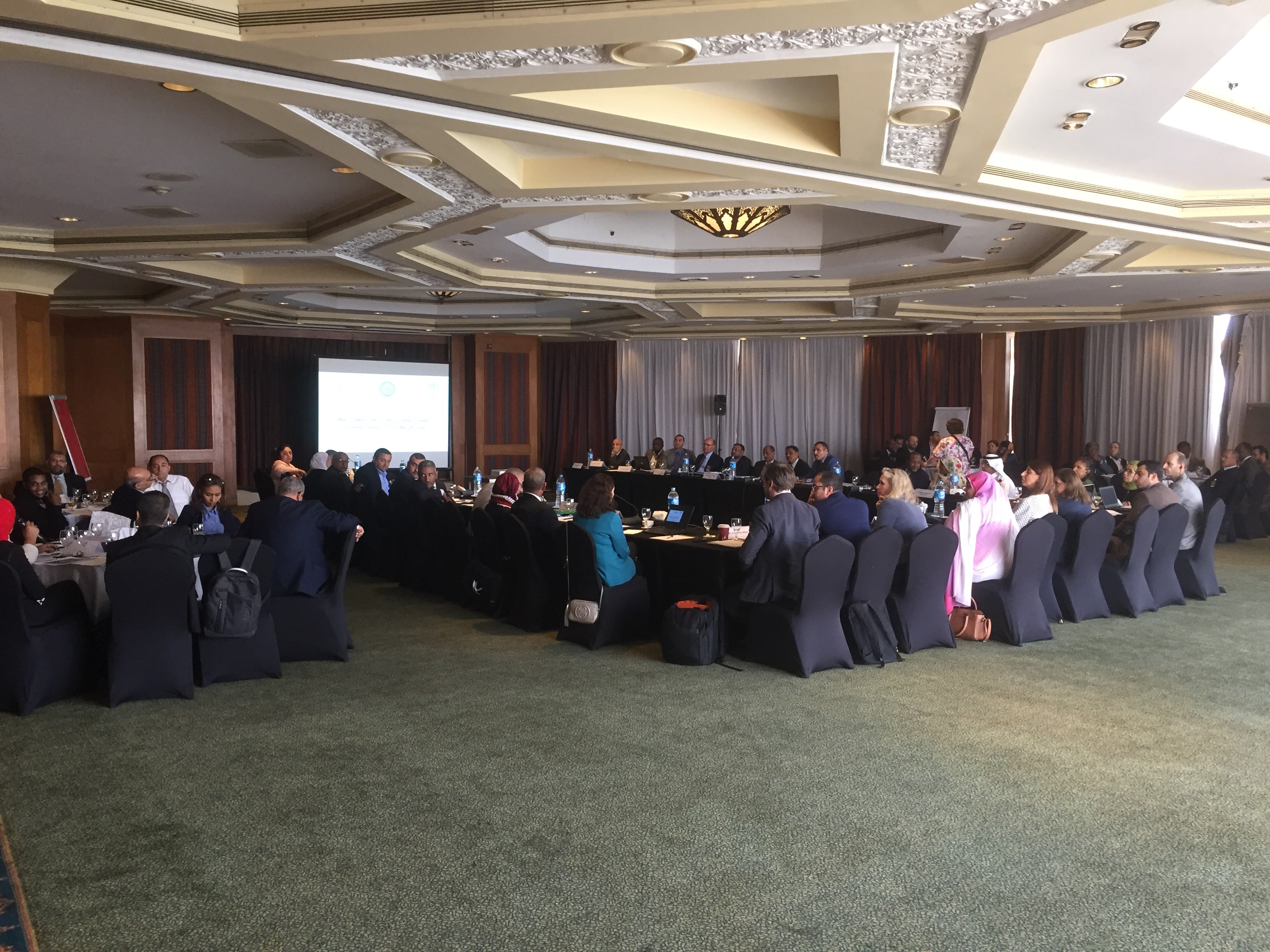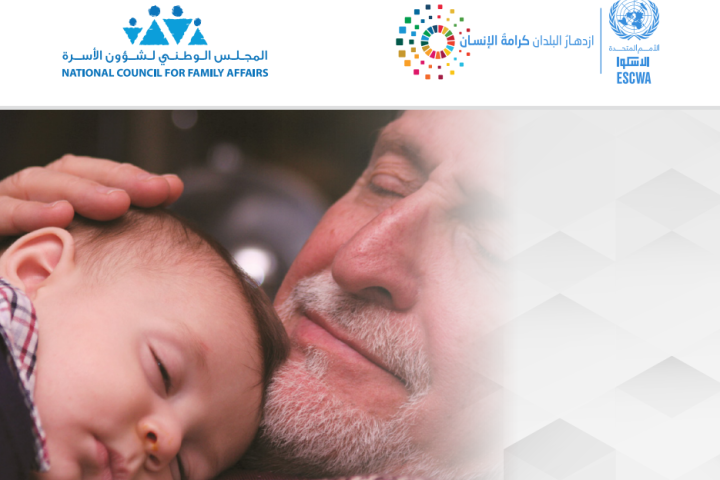News
17 Oct 2017
Beirut, Lebanon
Environmental Dimension of the 2030 Agenda in the Arab Region

The environmental dimension of the 2030 Agenda is very complex and requires streamlining the environmental dimension of the agenda into national and regional plans and strategies. Furthermore, monitoring and follow-up on the environmental dimension requires collecting environmental data based on specific indicators. National statistical offices of the region face major challenges in collecting environmental data, and require technical support and capacity building to improve statistical frameworks, data sources, and modern infrastructure.
In this context, ESCWA organized the Consultative Meeting on the Implementation Framework for the Environmental Dimension of the 2030 Agenda in the Arab Region from 18 to 21 September 2017 in cooperation with UN Environment and the League of Arab States. The Meeting was held in Cairo, Egypt.
The Meeting was attended by 84 experts and representatives of 20 regional organizations including Environment Ministries in Arab countries in the Joint Committee on Environment and Development in the Arab Region (JCEDAR), representatives of national statistical offices, the United Nations and regional organizations, as well as experts from environmental research institutes.
ESCWA presented the proposed “Implementation Framework for the Environmental Dimension of the 2030 Agenda” developed by ESCWA and its partners in response to the resolution of the Council of Arab Ministers Responsible for the Environment (CAMRE) in 2016, which called “to prepare an implementation plan for the environmental dimension of the 2030 Sustainable Development Agenda” in cooperation with UN Environment and LAS.
Participants reviewed and discussed the draft Framework which proposed means of integrating the environmental dimensions of the 2030 Agenda for Sustainable Development into national development plans and policies in the Arab region. The Meeting also provided an opportunity for participants to exchange perspectives and views on environmental priorities of the 2030 Agenda, and on how to implement the Framework given the existing national statistical systems, and to collect data and follow-up and review on progress achieved in support of informed and integrated policy-making in the Arab region.
Participants then engaged in a dialogue on the proposed future steps and the adequate regional and national institutional frameworks needed in the Arab region to monitor and review the goals and targets that have an environmental and natural resources dimension in line with national and regional priorities and the 2030 Agenda. During the Meeting, participants adopted the “Implementation Framework.” A finalized version of the framework incorporating countries’ feedback will be produced with a precise action focused document, and submitted to JCEDAR.



